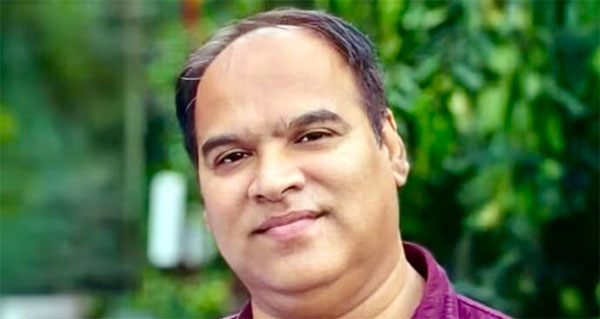Daijiworld Media Network - New Delhi
New Delhi, Aug 23: Hemant Malviya, a cartoonist from Indore, has issued a formal public apology for a controversial caricature he posted earlier this year depicting Prime Minister Narendra Modi and the Rashtriya Swayamsevak Sangh (RSS), following a directive from the Supreme Court. The illustration, first shared on April 1, 2025, had triggered strong backlash and led to Malviya’s arrest on charges of promoting enmity and hurting public sentiments.
The complaint was filed by Indore resident Vinay Joshi, prompting police action and a high-profile legal case that has since stirred national debate around artistic freedom and the limits of public expression. Malviya was in custody for over two months before the case reached the Supreme Court.

During a recent hearing, Malviya’s legal counsel informed the apex court that he would apologise publicly. The court granted him interim protection from further arrest but ordered that the original post remain online as the investigation continues. Additional Solicitor General K.M. Nataraj, representing the Madhya Pradesh government, stressed that the apology must come with a clear commitment not to repeat such actions — a condition Malviya has formally agreed to.
Posting the apology across Facebook, Malviya wrote:
“I deeply regret my Facebook post published on April 1, 2025. I respectfully submit to the Supreme Court that I had absolutely no intention to hurt the sentiments of any community, caste, or religion, nor to incite tension or deliberately insult any individual or organisation. I sincerely apologise for this unintentional act and offer my heartfelt regret. I recognise my responsibility to uphold social harmony and brotherhood, and I will remain committed to that principle in the future.”
While the authenticity of the social media account used to post the apology remains unverified by independent agencies, the court has taken the statement on record. The next hearing in the case is scheduled for next week, with broader discussions continuing over the balance between freedom of artistic expression and accountability in public discourse.